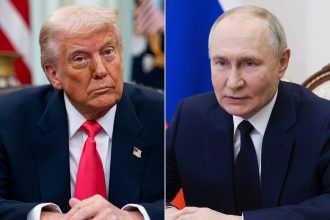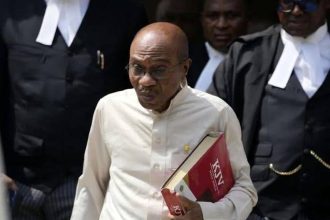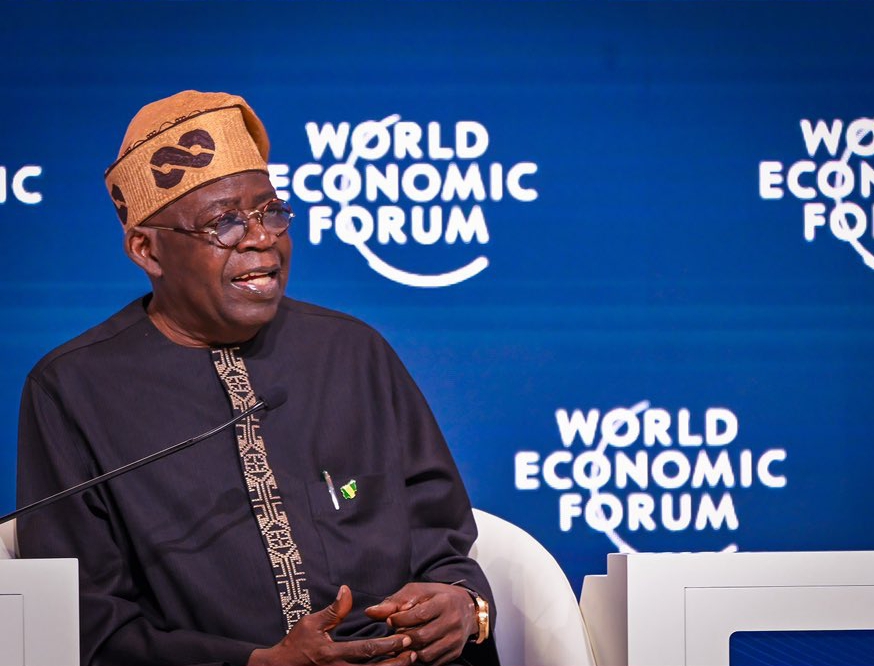President Bola Ahmed Tinubu says the removal of the petrol subsidy was expedient so as to prevent Nigeria from going bankrupt.
The president had announced the removal of the subsidy on May 29, 2023 and the development immediately culminated into a spike in the price of the product and fired up inflation across the board.
While speaking on Sunday during the opening plenary of the World Economic Forum (WEF) in Riyadh, Saudi Arabia, President Tinubu said the decision was to restart the economy and create a pathway for growth in the country.
He recognized the hardship associated with the decision, emphasizing that it was in the best interest of the Nigerian people.
“Concerning the question of the subsidy removal, there is no doubt that it was a necessary action for my country not to go bankrupt, to reset the economy and pathway to growth,” Tinubu said.
“It is going to be difficult, but the hallmark of leadership is taking difficult decisions at the time it ought to be taken decisively. That was necessary for the country.
“Yes, there will be blowback, there is expectation that the difficulty in it will be felt by a greater number of the people, but once I believe it is their interest that is the focus of the government, it is easier to manage and explain the difficulties.”
The president, however, said there is provision to cushion the effect of the subsidy removal policy on Nigeria’s vast vulnerable population.
The Nigerian leader said the country has a vibrant youthful population interested in discoveries, “highly ready for technology, prioritising education and committed to growth”.
“We are able to manage that and partition the economic drawback and the fallout of the subsidy removal,” he said.
President Tinubu also mentioned that petrol subsidy removal equally engendered accountability, transparency and fiscal discipline for Nigeria.




